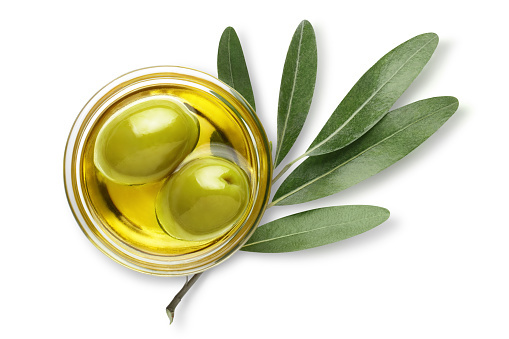Resumen
Argentina es el décimo productor mundial de aceite de oliva, con excelentes conocimientos de la producción y su procesamiento. Según las estadísticas del Ministerio de AGyP, hay una creciente expansión de los cultivos en el país que sigue el crecimiento de la demanda en los mercados quienes buscan también productos de alta calidad. El país cuenta con diferentes regiones productoras que, por las condiciones climáticas y el método de extracción, entre otras razones, obtienen aceites con características diferenciadas. Esto nos llevó a plantear en este trabajo una evaluación preliminar de la calidad sensorial de diferentes aceites de Argentina, característicos de regiones productoras, con el fin de dilucidar si pudieran pensar en la idea de presentarse para optar por una denominación de origen (DO) y así otorgarles una estrategia comercial de venta para su posicionamiento.
Las muestras brindadas por representantes de las provincias de San juan, Mendoza, Córdoba y Buenos Aires que accedieron a una evaluación de sus aceites, fueron evaluadas por un panel capacitado en la Universidad Nacional de Lanús, siguiendo las normas establecidas por el Consejo Oleícola Internacional. En primera instancia, se procedió a verificar que las muestras correspondiesen efectivamente a aceites de oliva extra virgen, ya que solo con esta clasificación pueden presentarse para optar por una DO. Posteriormente, se llevó a cabo la obtención de un perfil sensorial de cada aceite extra virgen de forma cualitativa.
Se pudo determinar que solo las muestras recibidas como características de San Juan, Mendoza y Córdoba eran aceites extra virgen desde el punto de vista organoléptico. Fue posible definir los descriptores para cada uno de los aceites de forma cualitativa, estableciendo así el perfil sensorial preliminar que sentaría las bases para una diferenciación. Las muestras de San Juan se describieron con aroma frutado maduro, que recuerda a manzanas frescas, con sabor característico dulce, persistente y fluidez baja. Las muestras de Mendoza recordaron a frutos verdes, pero de sabor levemente dulce y picante, su persistencia fue baja y su fluidez alta. Por último, las muestras de Córdoba denotaban baja fluidez, aroma frutado verde, sabor amargo, picante y persistente. Los aceites extra virgen evaluados demostraron diferencias sensoriales significativas, por lo cual tienen allanado el camino hacia su reconocimiento en el marco de futuras DO. El papel que el olivo ocupa en el entramado productivo de cada provincia determina que puedan encararse los procesos de acción para utilizar como estrategia comercial de posicionamiento la mencionada diferenciación.

